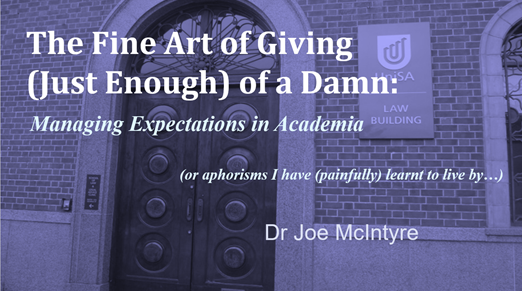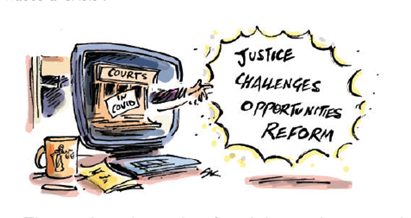So @steve_mcdee &I have been discussing the limits of JR generally (&class actions specifically) to fully agitate the fundamental issues of legality & RoL underlying #sportsrorts
A big problem is thinking a litigant with standing who would have an interest in agitating the issue
A big problem is thinking a litigant with standing who would have an interest in agitating the issue
There are real limitations in JR for unsuccessful clubs. They can't directly get the grant. At best it goes back to lawful DM, who may decide in their favour BUT the money has been spent.
Sure you can get a declaration, but so what...
Sure you can get a declaration, but so what...
A sports club that lost members due to a rival club getting a new oval surface may have suffered DAMAGE. But we have no principle of public law damages, and not going to be a tortuous duty here.
Effectively no incentive for anyone with standing to do bring action
Effectively no incentive for anyone with standing to do bring action
A club that has suffered damage would not want to challenge the constitutionality of the Scheme. They want the money, not a finding that the whole grant scheme was invalid
You need your Pape-like nutter: a challenge by a member of a club that improperly got funding. Perhaps an old grump is unhappy with the subsequent new members who wants things back how they were
You are probably going to run into standing issues with an individual member...
You are probably going to run into standing issues with an individual member...
So perhaps an ex-committee member who has quit in protest of the project, which only became possible by grant?
But again, this looks futile, as the money has been awarded
But again, this looks futile, as the money has been awarded
Is there anyone with standing that has an interest in litigating the constitutional issue? I am struggling to come up with a possibility
The problem then becomes that it may be futile to challenge the admin issues.
The problem then becomes that it may be futile to challenge the admin issues.
At which point you effectively get an unreviewable Scheme that is clearly unlawful on both Administrative and Constitutional grounds.
Islands of power, decay of legality and RoL and all that.
Public servants unquestioningly accepting unlawful directions.
Basically #sportrorts
Islands of power, decay of legality and RoL and all that.
Public servants unquestioningly accepting unlawful directions.
Basically #sportrorts
• • •
Missing some Tweet in this thread? You can try to
force a refresh










